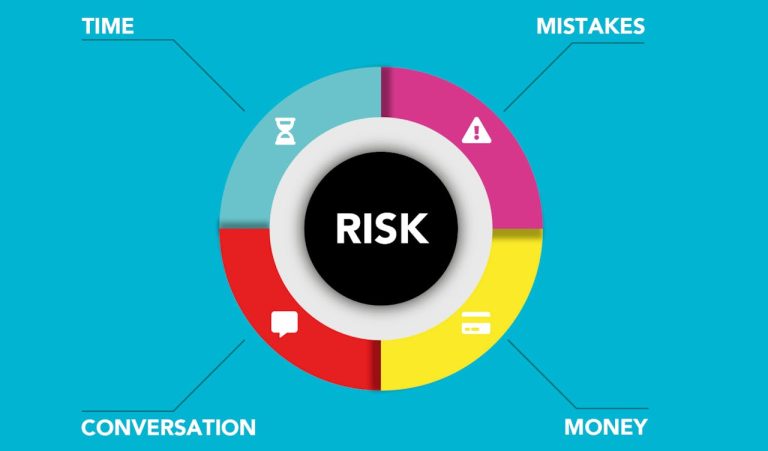Homeowners insurance claims can be a point of tension between policyholders and insurers. In 2025, with the rise of new challenges and changing global economic conditions, the landscape of insurance claims is evolving rapidly. Homeowners and policyholders are now facing even more hurdles than before when filing claims. The complexity of policies, the tightening of coverage, and the increasing frequency of natural disasters are just a few factors leading to insurance disputes. This article breaks down some of the most common causes of homeowners’ insurance claims disputes and provides practical advice on how to handle them effectively.
Common Causes of Homeowners Insurance Claim Disputes
- Ambiguity in Policy Terms
Homeowners’ insurance policies can be filled with complex terms that leave room for interpretation. If the language in the contract is unclear or ambiguous, it often leads to disagreements about what is and isn’t covered. In 2025, insurers have become more stringent about excluding certain risks, and policyholders need to understand exactly what their policy covers. - Failure to Meet Claim Requirements
Insurance policies often require specific documentation to substantiate a claim. Missing documents or failure to comply with procedural requirements can cause delays or result in the rejection of a claim. For example, not submitting photos of the damaged property or missing proof of purchase for items that were damaged can hurt your case. - Depreciation and Underestimation of Damage
Some disputes arise when insurers undervalue the damage or apply depreciation to property that may have had a higher value before the loss. This is common in situations where home contents such as furniture or electronics are damaged, but the insurer insists on applying depreciation, reducing the payout. - Fraudulent Claims and Misrepresentation
While not the most common, fraudulent claims can cause a significant amount of disputes. Insurance companies may refuse to pay out a claim if they believe that there has been misrepresentation or fraud involved. This could include exaggerating damages or filing claims for losses that didn’t actually occur. - Natural Disaster and Catastrophic Losses
Natural disasters, such as hurricanes, floods, and wildfires, have become more frequent and intense. In some cases, policyholders may not fully understand the limitations of their coverage when these events occur. For instance, standard homeowners’ insurance typically doesn’t cover flood damage, leading to disputes when homeowners realize they don’t have sufficient coverage.
How to Handle Homeowners Insurance Claims Disputes
Navigating an insurance dispute can be stressful, but there are several ways to minimize the risk of a dispute or resolve one quickly if it arises.
- Review Your Policy Thoroughly
Before filing any claims, carefully read through your insurance policy. Make sure you fully understand what’s covered, and most importantly, what’s excluded. If you have any doubts or questions, don’t hesitate to ask your insurance agent for clarification. - Keep Detailed Records
One of the most important things you can do is keep thorough documentation. After any damage occurs, take clear photos and videos of the scene. Keep receipts for any damaged items and store them in a safe place. If the damage involves your home, it’s also important to document any repairs made by professionals. - Contact Your Insurance Company Immediately
Reporting damage as soon as possible is essential. Most insurance companies have a set window of time for filing claims, and missing this window can result in a denial. If you’re unsure about the claims process, reach out to your insurer for guidance. - Be Transparent
Always be honest about the circumstances surrounding the damage or loss. Misrepresentation, even unintentionally, can lead to a denial or a lengthy investigation. If you’re unsure about how to report certain details, it’s better to ask the insurer rather than assume. - Know Your Rights and Seek Legal Help if Necessary
If a dispute arises that you can’t resolve with your insurer, you may need to escalate the issue. Most regions have consumer protection laws that govern insurance companies, and legal help may be necessary to settle a claim. You can also file complaints with regulatory authorities or seek mediation to resolve disputes.
FAQ
1. What are the reasons for an insurance company to deny my claim?
Insurance companies might deny claims for several reasons, including ambiguous contract terms, failure to provide required documentation, or if the damage isn’t covered by the policy. It’s crucial to read the fine print and understand the policy exclusions to avoid surprises.
2. What documents are necessary for filing a homeowners insurance claim?
To ensure your claim is processed smoothly, you’ll need to provide:
- Photos or videos of the damage
- A list of damaged items along with receipts
- A police report (if applicable)
- Repair or medical bills (if relevant)
3. How can I file a complaint if I disagree with my insurance company’s decision?
If you’re unhappy with the decision or process of your claim, start by discussing it directly with your insurer. If this doesn’t work, you can escalate the matter by contacting the regulatory body overseeing insurance in your area or seeking legal advice.
4. Why did my payout come lower than expected?
There are several reasons for this. It could be due to depreciation applied to the damaged property, or your insurer may have undervalued your loss. Sometimes, insurers will use their own valuation standards, which could differ from what you expected.
5. Is there a time limit to file an insurance claim?
Yes, there are time limits for filing claims. Make sure you report damage within the timeframe outlined in your policy to ensure your claim is eligible for consideration. Late claims could result in denial.
6. How can I avoid disputes with my homeowners insurance?
The best way to avoid disputes is to fully understand your policy, keep detailed records of all damage and repairs, and communicate clearly with your insurance provider. Always file claims in a timely manner and provide all necessary documentation.
Homeowners insurance claims disputes are more common than one might think, but they don’t have to be inevitable. By understanding your policy, keeping meticulous records, and communicating effectively with your insurer, you can reduce the chances of a dispute. If a dispute does occur, be sure to understand your rights and seek the necessary resources to resolve the issue.







